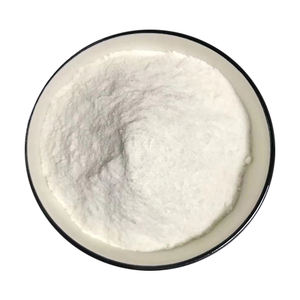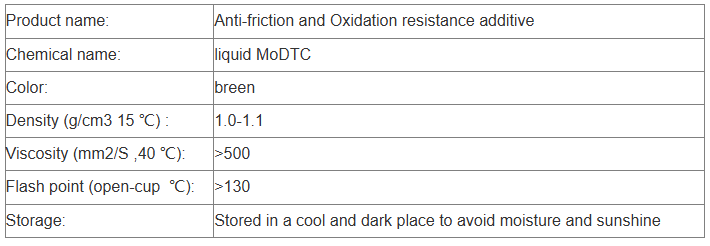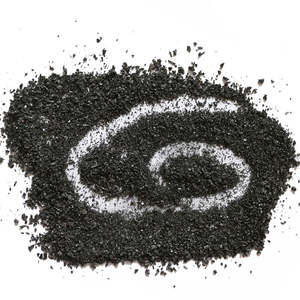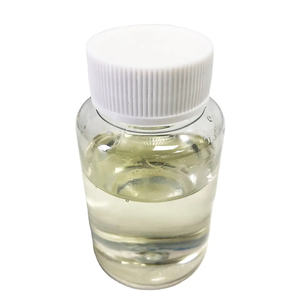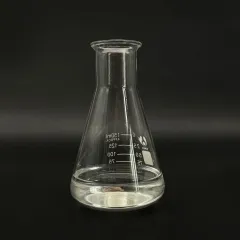Introduction to Potassium Silicate Fertilizer
Potassium silicate (K2SiO3) is emerging as an important component in modern-day agricultural practices, supplying unique advantages that improve crop health and wellness and performance. This fertilizer not just supplies essential nutrients yet additionally strengthens plant resistance against diseases and ecological stresses. This short article checks out the residential or commercial properties, applications, market fads, and future leads of potassium silicate fertilizer, exposing its transformative impact on sustainable farming.
(TRUNNANO Potassium Silicate Powder)
The Make-up and Advantages of Potassium Silicate
Potassium silicate is made up of potassium (K) and silicon (Si), both critical elements for plant growth. Potassium plays a crucial role in managing water balance, turning on enzymes, and boosting photosynthesis, while silicon fortifies cell wall surfaces, improving structural stability and durability. Together, they advertise robust root growth, efficient nutrient uptake, and improved anxiety tolerance. In addition, potassium silicate helps in reducing soil level of acidity, developing a more favorable environment for helpful microbes. Its eco-friendly nature straightens with international sustainability goals, making it an attractive option for ecologically mindful farmers.
Applications Across Agricultural Practices
1. Enhancing Plant Health and Return: Potassium silicate dramatically boosts crop wellness by enhancing plant cells and enhancing resistance to microorganisms. It advertises thicker fallen leaves and stems, causing far better photosynthesis and higher returns. Research studies have shown that plants treated with potassium silicate exhibit improved vitality and reduced susceptibility to conditions such as grainy mildew and corrosion. This fortified defense mechanism guarantees much healthier plants and even more effective harvests, profiting both small-scale farmers and big agribusinesses.
2. Stress And Anxiety Tolerance and Ecological Adaptability: One of the standout attributes of potassium silicate is its capability to enhance plant durability under adverse problems. It boosts tolerance to abiotic anxieties such as dry spell, salinity, and temperature extremes. By enhancing cell walls and enhancing water retention, potassium silicate assists plants withstand harsh environments without jeopardizing return. This versatility is particularly important in areas dealing with climate change obstacles, where keeping farming efficiency is important for food security.
3. Soil Health and Sustainability: Potassium silicate contributes to long-term soil wellness by balancing pH degrees and promoting microbial task. It minimizes soil acidity, which can be damaging to plant growth, and produces an optimal environment for helpful bacteria and fungis. These microbes play a vital duty in nutrient cycling and soil framework, improving general fertility. Making use of potassium silicate also sustains lasting farming practices by reducing the demand for chemical pesticides and fertilizers, thus reducing environmental influence.
Market Patterns and Development Drivers: A Progressive Viewpoint
1. Sustainability Initiatives: The global push for sustainable farming has thrust potassium silicate right into the limelight. Stemmed from natural deposits and having very little environmental impact, potassium silicate straightens well with green farming methods. Manufacturers progressively incorporate it into solutions to satisfy growing consumer need for organic and lasting items. As recognition of environmental problems increases, the fostering of potassium silicate is expected to boost, driving market development.
2. Technical Developments in Agriculture: Fast improvements in agricultural technology demand ingenious solutions that enhance efficiency and performance. Potassium silicate’s role in improving plant health and yield placements it as an essential component in modern farming techniques. Technologies in precision agriculture and clever farming better increase its application capacity, establishing new standards in the market. The assimilation of potassium silicate in these innovative systems showcases its versatility and future-proof nature.
3. Increasing Demand for Organic Products: Consumer choices are changing towards organic and non-GMO items, driving the demand for natural plant foods like potassium silicate. Organic farming methods prioritize using environmentally friendly inputs, making potassium silicate an excellent option. Its capability to boost plant health without synthetic chemicals aligns with organic certification requirements, positioning it as a recommended choice for farmers and customers alike. The growing trend in the direction of healthy and balanced and sustainable living fuels the market for potassium silicate-based items.
Challenges and Limitations: Browsing the Course Forward
1. Cost Factors to consider: Despite its countless benefits, potassium silicate can be more costly than typical fertilizers. This cost factor might restrict its adoption in cost-sensitive markets, particularly in establishing areas. Manufacturers have to balance efficiency advantages against financial restrictions when selecting products, requiring tactical planning and advancement. Resolving cost obstacles will certainly be essential for broader adoption and market penetration.
2. Technical Expertise: Successfully incorporating potassium silicate into farming practices needs specialized knowledge and application techniques. Small farmers or those not familiar with its benefits may encounter difficulties in enhancing its usage without sufficient knowledge and equipment. Bridging this space through education and accessible technology will be critical for broader fostering. Equipping stakeholders with the necessary skills will certainly open potassium silicate’s full possible across industries.
( TRUNNANO Potassium Silicate Powder)
Future Potential Customers: Innovations and Opportunities
The future of the potassium silicate market looks appealing, driven by the increasing demand for lasting and high-performance farming products. Continuous research and development will certainly result in the development of brand-new formulas and applications for potassium silicate. Innovations in controlled-release innovations, naturally degradable products, and environment-friendly chemistry will further enhance its worth recommendation. As industries prioritize efficiency, resilience, and environmental obligation, potassium silicate is positioned to play a pivotal function in shaping the future of farming. The continual evolution of potassium silicate guarantees interesting opportunities for development and development.
Conclusion: Accepting the Possible of Potassium Silicate Plant Food
Finally, potassium silicate plant food is transforming farming by enhancing crop health, strength, and sustainability. Its distinct composition and comprehensive advantages offer substantial benefits, driving market development and technology. Understanding the distinctions between various grades of potassium silicate and its possible applications allows stakeholders to make enlightened choices and profit from arising opportunities. As we aim to the future, potassium silicate’s duty in advancing lasting and efficient farming solutions can not be overemphasized. Accepting potassium silicate indicates accepting a future where innovation fulfills sustainability in farming.
Premium Potassium Silicate Distributor
TRUNNANO is a supplier of Nano Silicon Dioxide with over 12 years experience in nano-building energy conservation and nanotechnology development. It accepts payment via Credit Card, T/T, West Union and Paypal. Trunnano will ship the goods to customers overseas through FedEx, DHL, by air, or by sea. If you want to know more about Nano Silicon Dioxide, please feel free to contact us and send an inquiry.(sales5@nanotrun.com)
All articles and pictures are from the Internet. If there are any copyright issues, please contact us in time to delete.
Inquiry us

